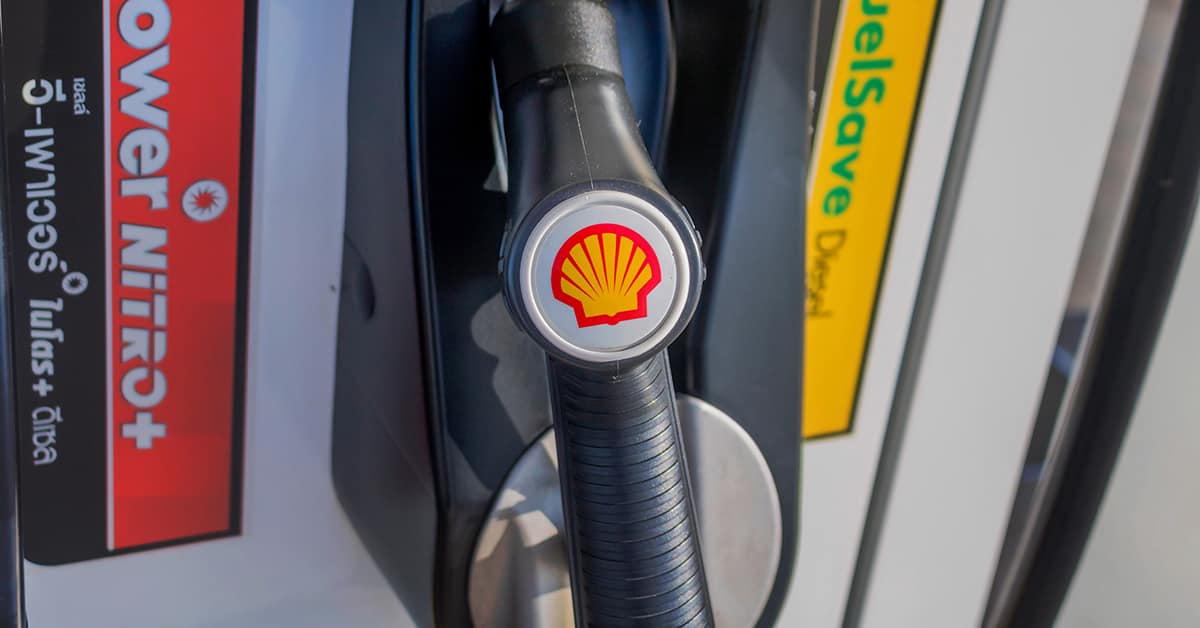The company and other giant petroleum refiners face an uphill battle after a US Congressional committee released documents revealing that their executives and staffers contradicted their public statements regarding their sustainability goals.

Shell has announced that its current head of gas and renewables, Wael Sawan, will succeed Ben van Beurden as CEO starting January 1, 2023.
Born in Beirut, the 48-year-old Sawan has enjoyed a 25-year career with Shell. He grew up in Dubai, is a dual Lebanese-Canadian national and holds a Master’s degree in chemical engineering.
Christyan Malek, global head of Energy Strategy and head of EMEA Oil & Gas Equity Research, JP Morgan, expects Sawan will be very hands-on in managing the pace of both energy transition and energy security.
According to industry insiders who know Sawan, he is both diplomatic and understands the complexities of today’s energy system today, which gives him the right profile and skill set to manage and negotiate with all stakeholders.
“Shell has the challenge of balancing how it delivers energy on the lower carbon for lower emissions rate, with an increasing outage and deficit of oil and gas occurring in the world,” says Malek.
The company and other giant petroleum refiners face an uphill battle after a US Congressional committee released documents revealing that their executives and staffers contradicted their public statements regarding their sustainability goals.
Nonetheless, Shell is committed to becoming a carbon net zero company by 2050; Malek says that meeting the world’s energy requirements will be paramount to Sawan. “If it comes at the expense of the expedited pace of transition, so be it. I think he’s very focused on delivering the transition and will continually monitor the build-versus-buy approach to renewables. Still, there is no way he would do a renewables deal that doesn’t generate value. Sawan is very value-oriented, so each deal will have to be valuable instead of just doing things that look good.”
According to JP Morgan’s Global Energy Outlook 2030, the world needs an extra $1.3 trillion in energy investment by 2030, and fossil fuel companies, including Shell, will play a critical role in the transition to net zero, but this needs to be balanced with energy security to help mitigate social unrest caused by price shocks.
“Shell alone represents circa 3% of global demand in Petajoules, and Sawan recognizes the role Shell plays in meeting the world’s energy demand,” says Malek.



